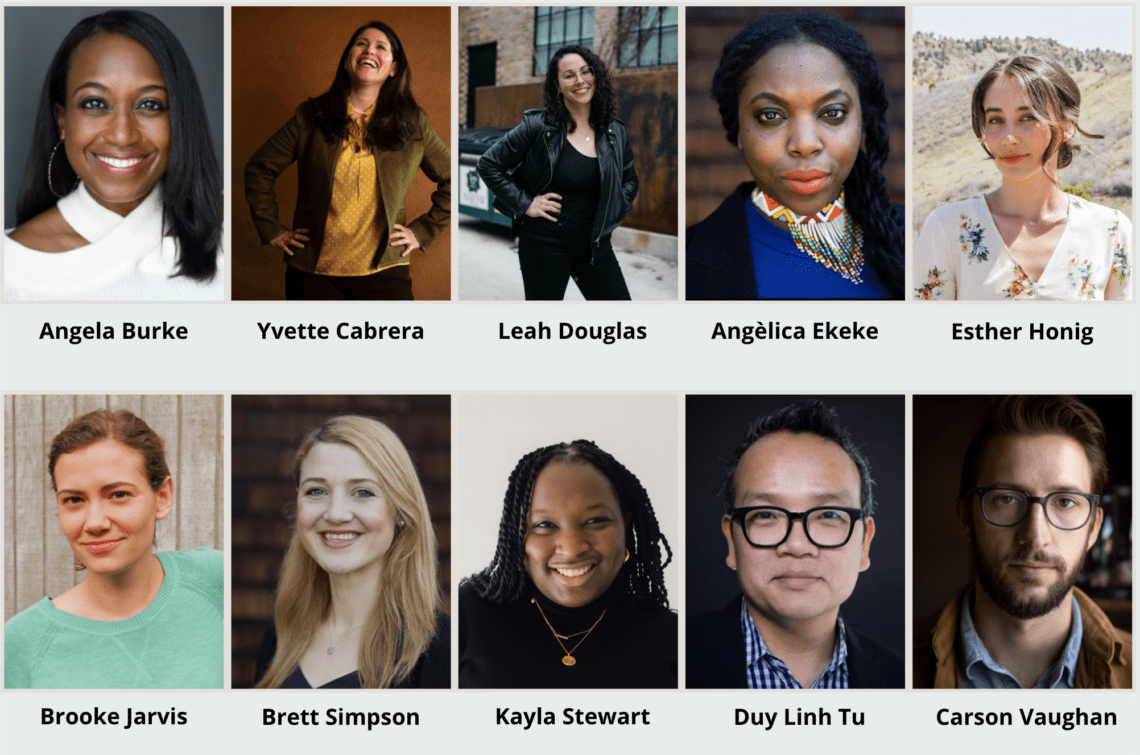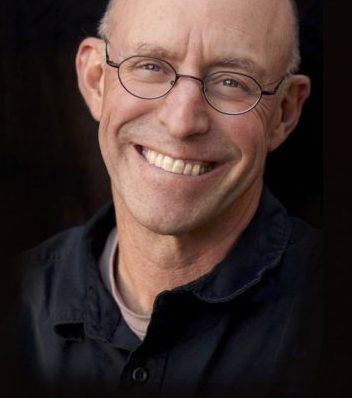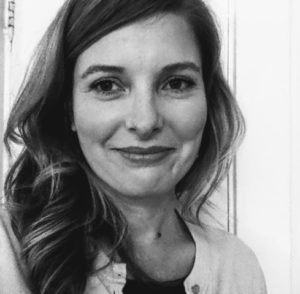Ten journalists from around the country—including two Berkeley Journalism alums—selected from over 100 entries. Plus the announcement of a new, concurrent fellowship for a graduating student in 2022 funded by renowned chef and humanitarian José Andrés.

Prof. Michael Pollan, the John S. and James L. Knight Professor of Journalism at Berkeley Journalism established the program in 2013 through a grant from the 11th Hour Project, a program of The Schmidt Family Foundation, led by our alumna Wendy Schmidt (’81).
Aimed at early and mid-career journalists, the Fellowship presents an opportunity to report ambitious long form stories on the full range of subjects under the rubric of food systems, often in rich political, economic and cultural contexts. The $10,000 fellowships have provided $740,000 in stipends to 74 journalists over eight years.
The 2021 Fellows are: Chicago-based Angela Burke, who will report on Black food entrepreneurs; Yvette Cabrera of Santa Barbara, CA: Karuk burning and foodways; Leah Douglas of Mount Rainier, MD: unionization and meatpacking; Berkeley Journalism alum Angèlica Ekeke (‘20) of Los Angeles: Black land ownership; Denver’s Esther Honig: refugees in the meatpacking industry; Seattle’s Brooke Jarvis: the future of pollination; Bay Area-native Brett Simpson (‘21): water and agriculture in California; New York’s Kayla Stewart: Black commercial fishermen; Brooklyn’s Duy Linh Tu: sea level rise and coastal agricultural communities; and Chicago’s Carson Vaughan: eastern red cedar taking over the Great Plains.
The list of journalists and editors who have served as guest editors include Wendy Dorr, managing editor for narrative at New York Times audio, Paul Tough, a former editor and current contributing writer at The New York Times Magazine, Clara Jeffery editor-in-chief of Mother Jones, Deirdre Foley-Mendelssohn, a senior editor at the New Yorker, and Ross Andersen, deputy editor of The Atlantic.

Prof. Michael Pollan
The program has been an unmitigated success. “In its eight years of existence, the UC Berkeley-11th Hour Food and Farming Journalism Fellowship has produced scores of published and broadcast pieces, birthed several books and at least one successful podcast,” Prof. Michael Pollan said. “But even more important is the role it has played in nurturing the careers of young writers and audio producers, a cadre of journalists who are reinventing coverage of the food system.”
“I’m thrilled to support ten amazing new fellows and their stories this year, especially since we had to postpone the 2020 cycle because of the pandemic,” said Malia Wollan (‘08), the director of the program and a contributing writer at the New York Times Magazine.
“Journalism during the pandemic exposed wide gaps across the food chain in America, from the hardships of farmworkers, to the widespread need for food banks following record unemployment,” Geeta Anand, dean of Berkeley Journalism said. “Reporting on broad, food-related topics is work in the public interest. We’re proud to team up with the 11th Hour Foundation to provide a diverse pool of journalists the resources to do it.”
Each year Prof. Pollan and Malia Wollan meet twice with the fellows, once in June to work on their pitches and reporting strategy, and again in December to workshop their finished stories. In these week-long sessions they bring in working editors who help shape and refine fellows’ stories. They also mentor, edit, and help fellows place their stories throughout the intervening months.
A new separate, but concurrent student fellowship will be part of the 2022 11th Hour Fellowships, thanks to a generous $10,000 gift in honor of Michael Pollan made by world-renowned chef and humanitarian José Andrés. The fellowship will be for a second-year student journalist of color writing about food insecurity.

Program Director Malia Wollan
Fellows’ stories have been published in major national outlets, including three in the New York Times Magazine. Their stories have also published or aired on and in NPR’s “Morning Edition,” 99 Percent Invisible, New York Magazine, PBS’s “NovaNext,” PRI’s “The World,” Orion, Mother Jones, Virginia Quarterly Review, High Country News, VICE Magazine and PRI’s “Marketplace,” among others.
They’ve won awards and reached millions of readers and listeners. 2017 fellow Joe Fassler’s story “The Man Who’s Going to Save Your Neighborhood Grocery Store” was published on Longreads in 2019 and included in The Best American Food Writing 2020. 2018 fellow Boyce Upholt’s fellowship story in The New Republic called “A Killing Season” about the herbicide dicamba won a 2019 award for investigative journalism from the James Beard Foundation (two other fellows were also nominated for their work that year). Our 2013 fellow Lisa Hamilton’s story on open source seeds was included in Best American Science & Nature Writing 2015. Through the fellowship, fellows have developed real expertise on food and agriculture issues. Multiple fellows now have book contracts from major publishers to write books on their fellowship topics.
Two of our 2013 fellows, Cynthia Graber and Nicola Twilley, launched a podcast about food, science and history called Gastropod. They’ve had over a million downloads and one episode won a 2015 Edward R. Murrow Award for Best Audio Documentary.
Wollan says the fellowship is helping to establish a new generation of food journalists very unlike the kind of journalist traditionally associated with that beat. These journalists are demonstrating to readers and listeners that food is more than a diversion. It is the product of a complex web of social and economic relationships that connects it to everything from the natural world to the political order.
